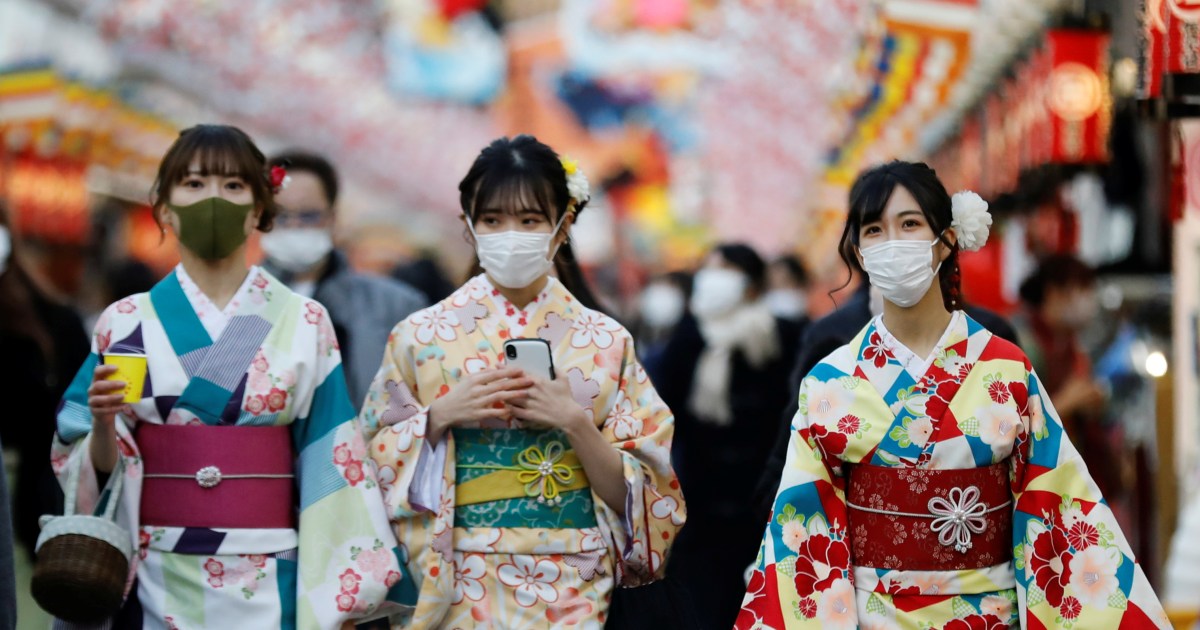The Liberal Democratic Party proposes to allow lawmakers to attend important party meetings as observers, amid growing complaints about sexism.
After a sexist dispute sparked by the head of the Tokyo Olympics, saying that women talked too much at meetings, Japan’s ruling party said it wanted women to attend important meetings – but only if they didn’t.
According to the new proposals, the ruling Liberal Democratic Party (LDP) will allow five lawmakers to attend the party’s main meetings as observers.
Toshihiro Nikai, the party’s general secretary, said on Tuesday that he heard criticism that the party council was male-dominated.
He noted that council members were elected, but said it was important for women in the party to “look” at the party’s decision-making process.
“It is important to fully understand what kind of discussions are going on. Take a look, this is what this is about, ”Nikai said at a news conference on Tuesday night.
Observer women will not be allowed to speak during the meetings, but will be able to present opinions separately to the secretariat, the Nikkei newspaper reported.
Yoshiro Mori, the head of the Tokyo 2020 Olympics organizing committee, resigned last week amid worldwide outrage at the derogatory comments he made on women, saying they talked too much at meetings and took too long.
The 83-year-old former prime minister’s comments highlighted sexism rooted in Japanese society.
Japan ranks 121st out of 153 countries on the World Economic Forum’s Global Gender Differences Index 2020 – the worst among advanced countries – with a low score for women’s economic participation and political empowerment.
This week, a group of LDP lawmakers asked Nikai to increase the proportion of women in key party positions.
But demanding that women observers at meetings remain silent has sparked criticism on social media that the party is out of reach.
Twitter users say the party’s male view has not changed despite the controversy Mori.
“People will simply put women in them as a kind of public relations exercise,” Belinda Wheaton, a cultural sociologist at the University of Waikato in New Zealand, told Reuters.
“I think it’s probably time to ask ourselves why we feel that men in their 70s or 80s are able to perform these roles better than a man in his 40s or 50s or a woman,” she added.
Also circulating on social media were comments by a senior official speaking to a corporate lobby group who said Japan’s glass ceiling was “partly the fault of women”.
